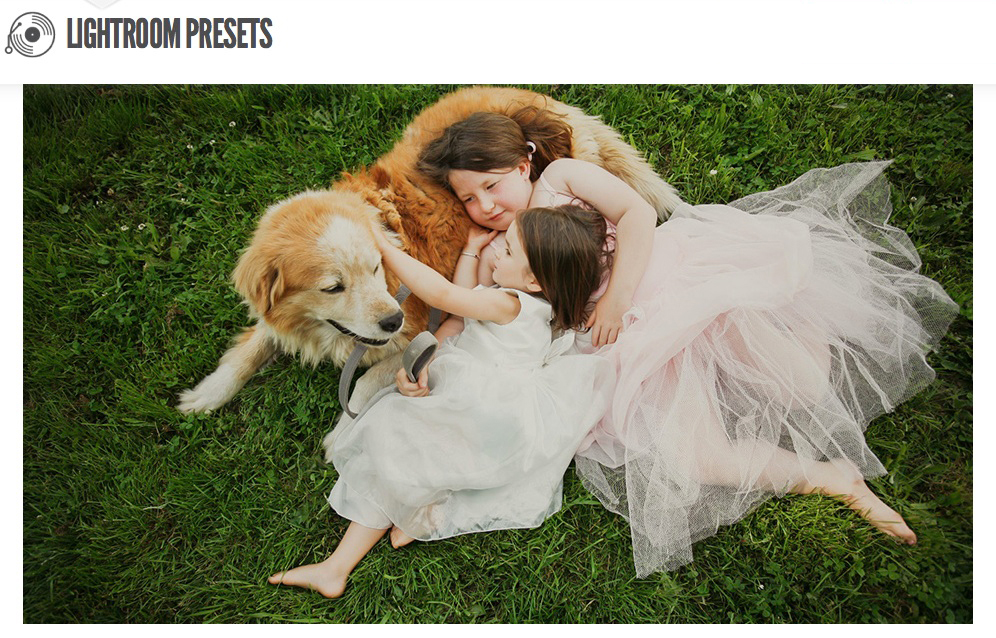intro to photography {my dslr recommendations}
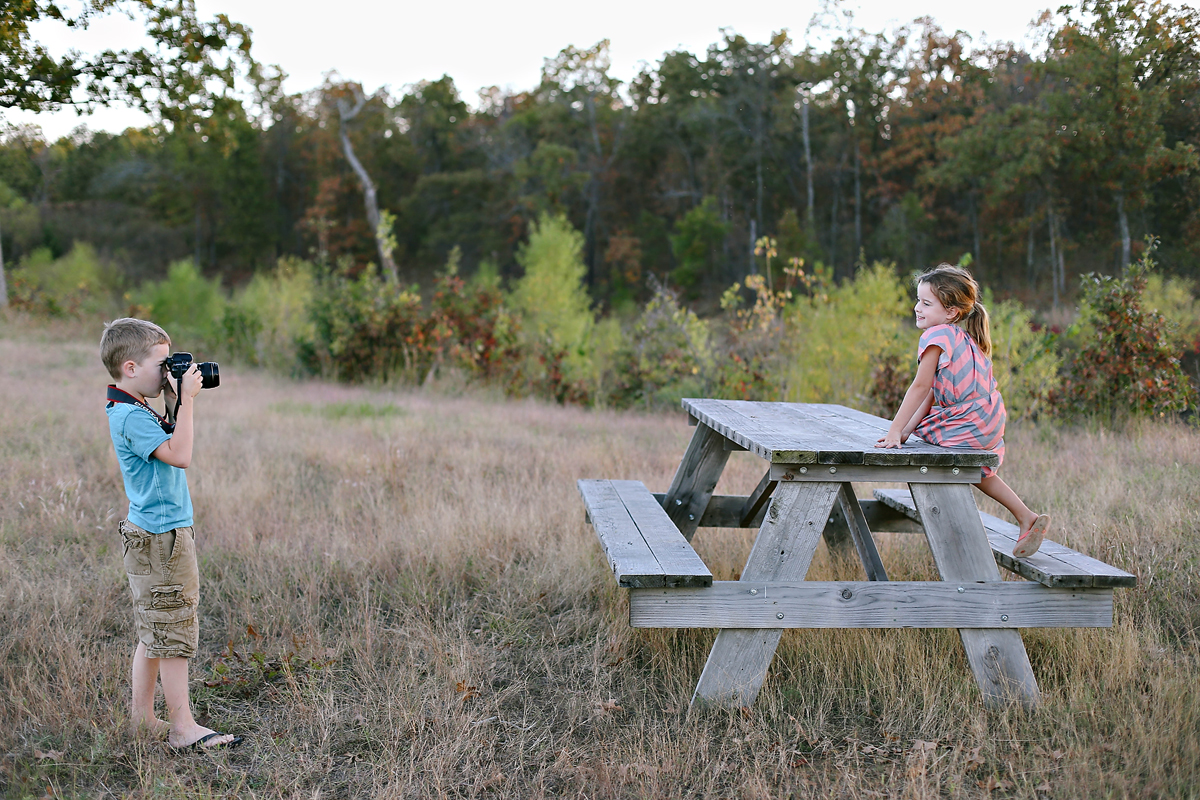
One of the most common emails I get usually says something like, “I’m wanting to invest in a new camera. What are your recommendations?” For the past three years I have wrote a post sharing my recommendations regarding current photography products, by compiling it all here I have an easy link to share when I get that question. I always try to do this before Black Friday. This week a million deals related to photography will flood your inboxes and mailboxes, hopefully this guide will help you as you search for the perfect combination for your needs.
Now here is my disclaimer…I have always used Canon, so my personal experience is with Canon. There are many other great brands out there. The products listed below are ones I recommend based on research and reviews, not personal use. This post is intended for those just starting out in photography and those looking to upgrade from their intro cameras. I do not keep up with all the latest technology and newest camera models. I keep up with kids. I’m the least technical person…so you will not find any technical reviews of the products in this post. Just a listing to help you find a jumping off point. Please take my recommendations, but do your own research before making a purchase.
These are just my recommendations…the kind I would email a friend’s husband when he asks, “My wife wants a dslr camera, what should I get.” Take it for that.
In my experience, you never know where photography will lead…so you want to get a camera you can grow with a bit. At the same time, a dslr is an investment. If you are used to using your phone or a point-and-shoot for your photography needs, a dslr will seem big and bulky…and maybe even cumbersome. It will also blow your mind at the quality of images you can capture. A day does not go by that I don’t pick up my dslr. I’d be lost without it.
So, as you begin the process to invest in a dslr, these are the steps I would recommend (I’ll list them first, then expand on each below):
1. Set your budget
When looking at investing in a dslr, I would first set your budget. Once your budget is set, stick to it. There are lots of options and having a budget is smart financially, but it will also give you some boundaries among all the choices. If you are new to photography, I would not buy a lot of equipment early on. Get your camera. Then learn to use your camera. Once you know more about photography it will help you decide exactly what you want to add to your camera bag. Don’t invest a lot of money into equipment until you understand what that equipment does.
2. Pick your camera & lens(es)
As you look at the camera options, keep in mind other things you want to purchase like lenses. If this is your first dslr camera, I recommend getting the standard kit zoom lens that is often included. Typically it is an 18-135mm lens. I do not recommend purchasing a camera and several kit lenses, just the one. However, I do recommend that in addition to your kit lens, you purchase the Canon EF 50mm f/1.8 II. This is called a prime lens, meaning you cannot ‘zoom in’ and ‘zoom out’, you have to physically move your body. The benefit of this lens comes in the aperture setting/speed. In a very basic sense, if you like really blurry backgrounds – this lens will allow you to achieve that. It will also allow you to take pictures in lower light settings without your flash. Most kit lenses do not get near the amount of blur (aka “bokeh”) or let as much light in your camera as this lens. It is about $125.00 and worth every penny.
3. Flash
There are times you just can’t capture what you want without using a flash, but the flash often leaves a less than appealing ‘flashed out’ look. I recommend using an external flash or a diffuser to diffuse the light from your pop-up flash. Personally, I would only buy a Canon or Nikon flash if you are considering really getting into flash photography. If you aren’t big on flash, I would purchase a less expensive off-brand flash.
4. Photo editing software
It is not necessary to buy additional software, but it is something you want to consider. Most computers have basic software to organize and edit photos. However, there might come a time you want something more advanced. Most people then look into Photoshop or Lightroom. They are similar but very different. In general, Photoshop is used from more in-depth photo editing. With Photoshop you can do things like switch heads, erase trees, draw thicker eyelashes, crazy stuff like that – stuff that I have no clue how to do! You can do just about anything regarding heavy photo editing and changing with Photoshop. BUT – you pretty much do it one photo at a time. With Lightroom you can do advanced editing (change things like contrast, colors, hues, grain, sharpness and tons more). Lightroom also organizes your photos and you can edit lot of photos at once. I would recommend purchasing Lightroom over Photoshop. It can do so much regarding the basics of photo editing. I own Photoshop, but only understand about 10% of what it does. Lightroom is a lot easier to learn and navigate in my opinion. There are so many options besides Photoshop and Lightroom, but those are the ones I am most familiar with using.
5. Learn how to use your camera beyond Auto
Take the time to learn your camera, don’t just use it like a point & shoot or your phone. It will capture great images on Auto, but only by really understanding the basics of photography will you be able to get your full investment out of your camera.
6. Protect your gear, print your photos and enjoy extras
![]()

Below I will list several options for different price ranges. My recommendation is to pick your budget then select from each list accordingly. Don’t spend so much on your camera body, that you are unable to purchase a good lens to go with it. Though kit lenses are good, it is highly likely you will quickly outgrow them if you choose to really learn the basics of photography. Also, keep in mind there are many other great options out there, this is a listing of the more recently released cameras. Just because I don’t list a camera body here, that does not mean it is not a good option.
* Everything in blue text is a link you can click on




A kit lens – most cameras come with something like 18-55mm or the 18-135mm. If you are just starting out, it is a great idea to purchase a camera body with one kit lens. As you learn photography, you will become more aware of what type of lens you need to fit what you are shooting. I recommend starting with a camera body, a kit lens in the 18-55 or 18-135 range and then a 50mm (35mm) f/1.8 lens. Most kit lenses do not work exceptionally well in low light (inside most homes), for that reason I recommend the 50mm lens. Without going into great details, basically there are more aperture options on the 50mm/35mm lenses listed below, this allows for better low light shooting and blurry backgrounds.
Canon EF 50mm f/1.8 USM – this is the lens I recommend getting in addition to the one kit lens that comes with your camera
Nikon 50mm AF-S f/1.8 – you do need to double check that this lens will work with the Nikon camera body you purchase
There are SO MANY more lens options, but I really recommend learning to use your camera before you invest in more lenses. Each lens will allow you to do different things, but you need to know what you are looking for in a lens before you make that purchase. You can buy a bunch of lenses, but not understand their benefits and you really lose out. Someone that takes landscape photos will need different lenses than a mom who takes mainly indoor kid shots. Different lenses for different folks.
A less expensive multi-purpose lens I’ve heard great things about:
Tamron 28-75mm f/2.8 – I don’t use this lens, but it is a good alternative to the Canon 28-70mm for a less expensive price

The lenses below are the other main lenses I use. If you purchase a camera other than Canon, you can probably find a similar lens for the camera brand you select.
Canon EF 24-70mm f/2.8L USM– this is the lens I use 90% of the time. It gives me great aperture settings, but also works for wide angle and portraits. It is expensive.
Canon EF 85mm f/1.8 USM– my favorite portrait lens (I only recommend this for full frame cameras 5D, 6D)
Canon EF 70-200mm f/2.8L II IS USM – great for low light when you need to zoom. Also great for making use of a f/2.8 setting and a zoom…that is why it is so pricey

Neewer TT560 Flash Speedlite (a very affordable option for an off-brand external flash)

Most computers have built in photo editing software. If you have a Mac, iPhoto is a great option. However, if you are looking for a little more options regarding editing your photos, here are products I use and recommend:
RadLab for Photoshop – I primarily use this and Lightroom
Adobe Lightroom – I primarily use this and RadLab
Adobe Photoshop Elements (a smaller, less expensive option to Photoshop)

So that is a lot of information and a lot of links. There are so many online shops that offer bundles and all kinds of promotions this time of year. Let this post just be a resource as you look through all the offers available.
If you were to pin me down to a bundle for a brand new dslr owner, this is what I would suggest:
- Canon Rebel T5 with the 18-55mm kit lens, Canon EF 50mm f/1.8 USM, Neewer TT560 Flash Speedlite
- Nikon D3300, Nikon 50mm AF-S f/1.8, Neewer TT560 Flash Speedlite
**I would also recommend getting an extra battery and memory card
 Photography often sounds exciting and fun, but also overwhelming to learn. It doesn’t have to be overwhelming! For the last 6 years I’ve had the honor of teaching over 3,500 students the basics of photography through my online courses, SnapShops. In the DSLR version of SnapShops, I cover the foundational elements of composition, storytelling and learning to shoot Manually. The course is my personal approach to capturing the day to day life of my family. It lasts 4 weeks and I am available to answer your questions throughout the course. It also includes the option to share photos for feedback from me and other students.
Photography often sounds exciting and fun, but also overwhelming to learn. It doesn’t have to be overwhelming! For the last 6 years I’ve had the honor of teaching over 3,500 students the basics of photography through my online courses, SnapShops. In the DSLR version of SnapShops, I cover the foundational elements of composition, storytelling and learning to shoot Manually. The course is my personal approach to capturing the day to day life of my family. It lasts 4 weeks and I am available to answer your questions throughout the course. It also includes the option to share photos for feedback from me and other students.
Next course: January 5th – January 31st, 2014
Registration open is open. Gift Certificates are available.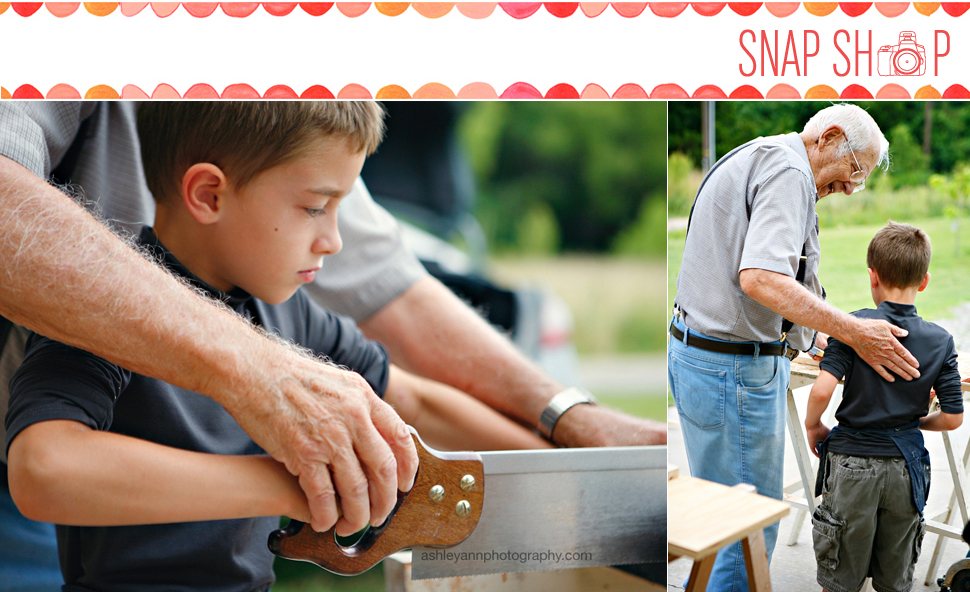

I am a BIG advocate for printing your photos. When we shoot with film, rarely do the photos stay on the roll. Film was and is developed regularly. With digital cameras and smartphones, too many pictures are stuck on memory cards and never printed. Print your photos! There are also so many fun options for photography these days. Everything from cameras you can build yourselves to various lenses for your DSLR are available. Below is some exciting gear for your camera, printing options and fun extras. Below each grid of photos are links to the products.
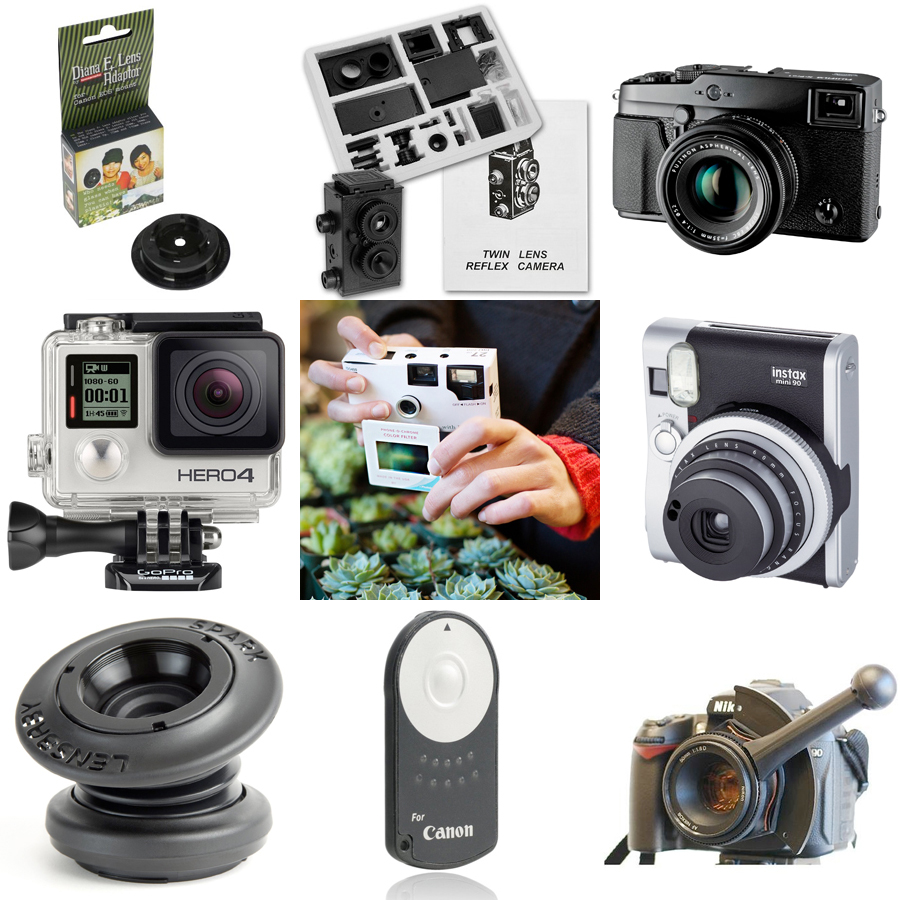
Diana F Lens Adaptor || DIY Lomo Camera || FujiFilm X-Pro 1
Go Pro HERO4 || Disposable Camera Hack Kit || Fujifilm Instax Mini 90
Lensbaby || Wireless Remote || FocusShifter
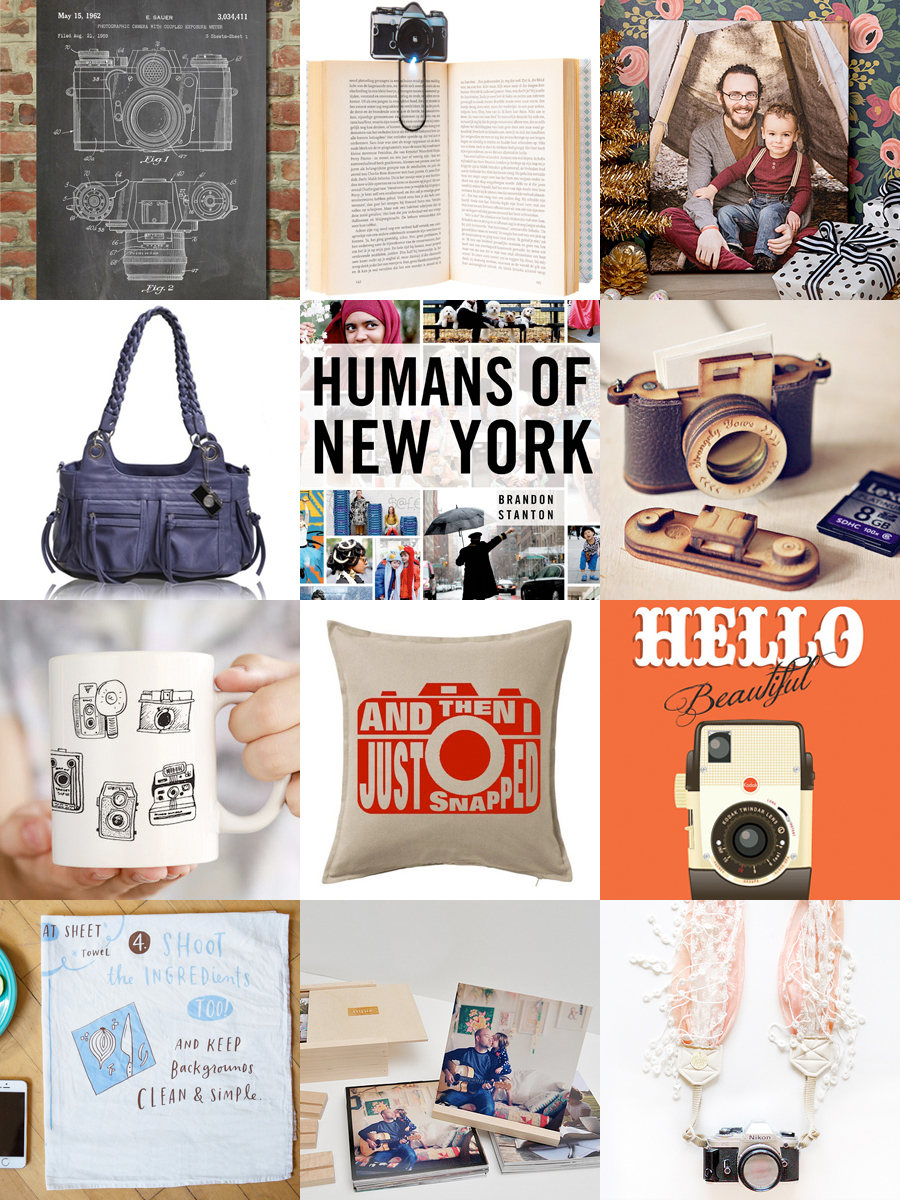
Camera Poster || Booklight Paperclip Camera || Canvas Gallery Wraps
Epiphanie Camera Bag || Humans of New York || Wood and Leather Camera Locket
Camera Mug || Snapped Pillow || Hello Beautiful print
Photo ParTEA Towel || Thumbprint Memory Box || Scarf Camera Strap
![]()

Whew…that was a long post! Let’s end it on a super fun note. I contacted a couple of my favorite companies and put together a pretty great DSLR Photography giveaway. Below are the details!!!

$200 gift certificate to Epiphanie Bags
I’ve been using an Epiphanie camera bag for several years now. They just launched a new genuine leather line – and I’m pretty excited they sent one my way! It is a bit smaller than my other Epiphanie bag, which I really like. I can hold several lenses, a flash and my camera…and phone and other essentials. This Friday you can get 15% off any bag and free shipping!

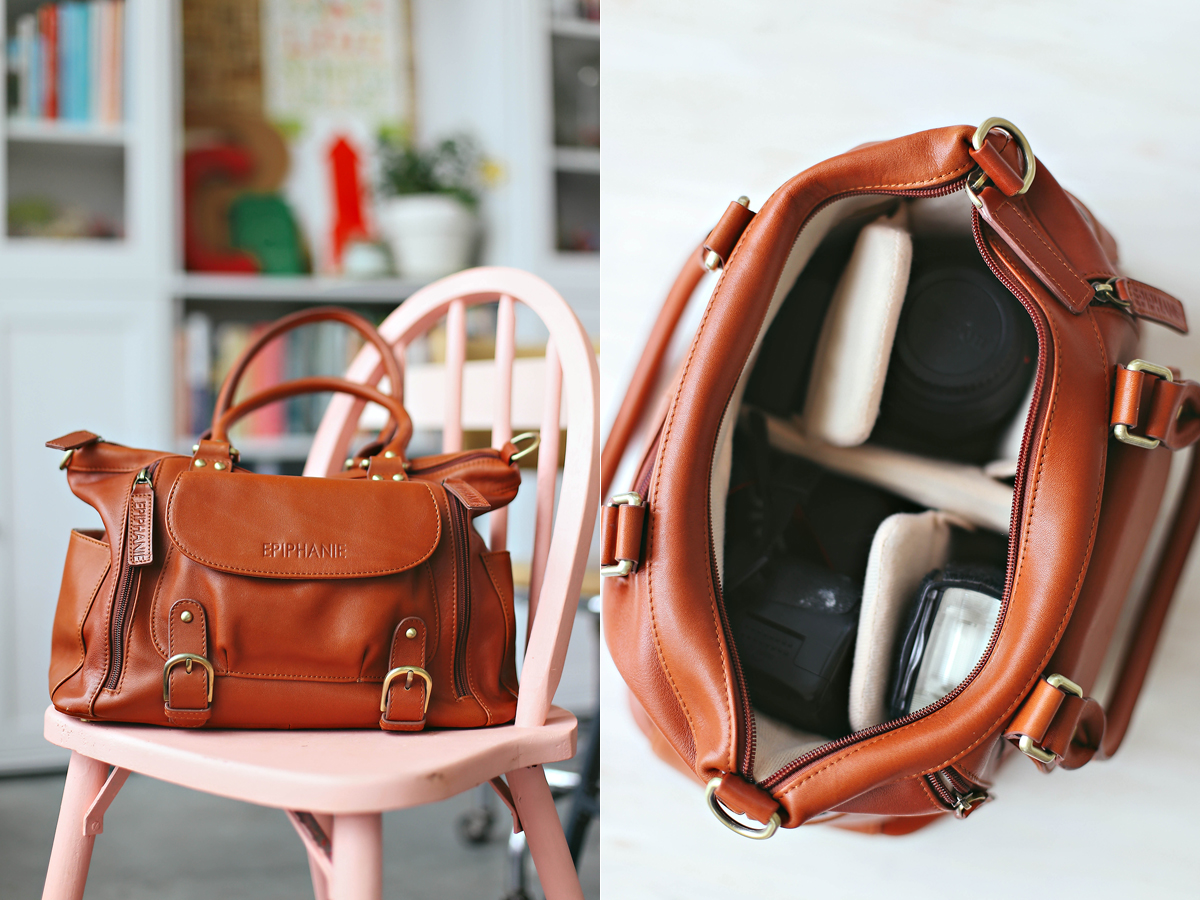


$200.00 store credit to Totally Rad
Totally Rad Actions are the primary actions and Lightroom presets I use. They will be having a big Black Friday sale, everything 35% off.

$150 Gift Certificate to Mpix.com
Mpix is where I order all of my prints, cards, canvases and other photo related products.

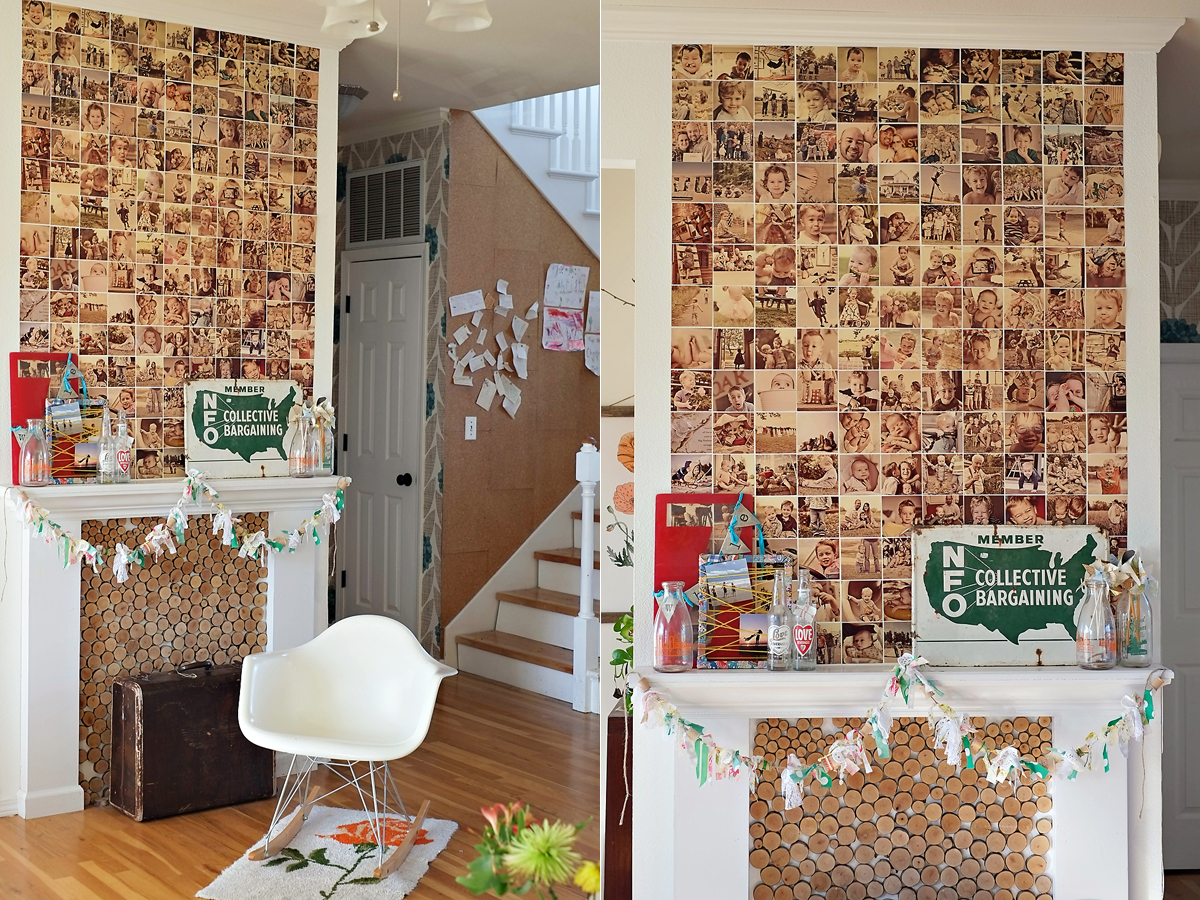
 1 spot in any 2015 DSLR SnapShop course.
1 spot in any 2015 DSLR SnapShop course.
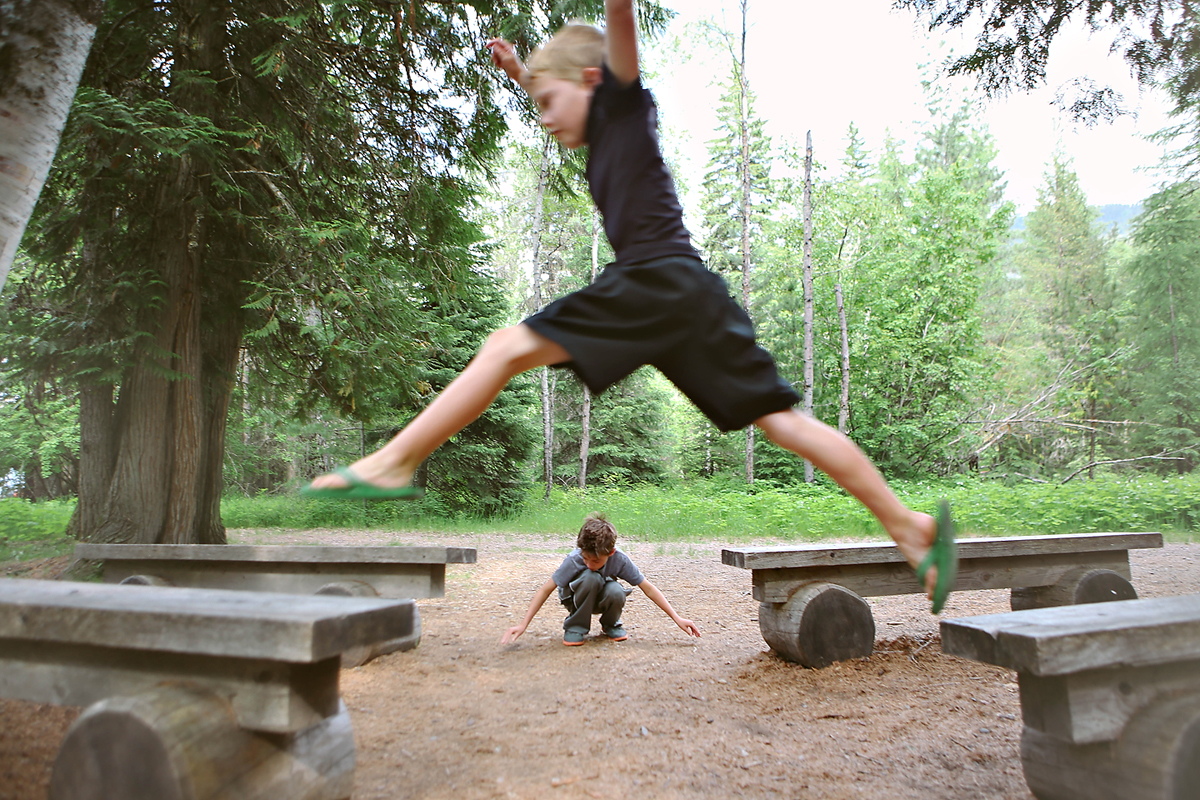
![]()
Giveaway Details:
1 winner chosen at random
Prizes:
$200 gift certificate to Epiphanie Bags
$200.00 gift certificate to Totally Rad
$150 gift certificate to Mpix.com
$200 – 1 spot in a 2015 SnapShop DSLR course
GIVEAWAY IS NOW CLOSED
THE WINNER IS: KimberlyB (email begins hein….)

